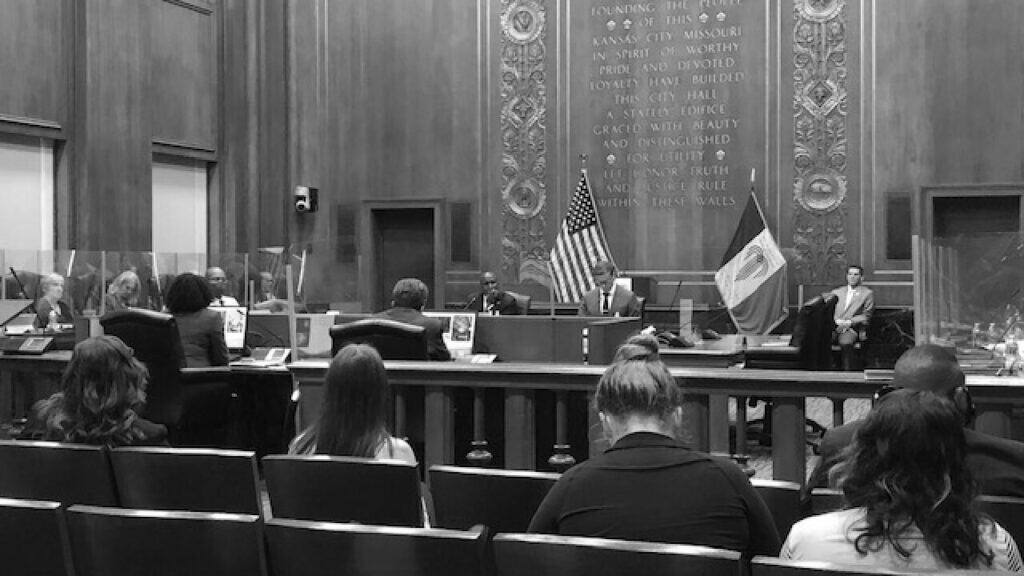The study identifies a discrepancy between how municipal politicians view their ideological stance and their actual policy positions. While municipal politicians are more likely to see themselves as ideologically moderate—something that is also likely true in the United States—the findings suggest that their policy positions are just as extreme as those of provincial and federal politicians. In fact, when partisan affiliations are accounted for, the supposed ideological moderation of municipal leaders largely disappears.
The study recognizes the appeal of ideologically neutral municipal government, often associated with pragmatic problem-solving and managerial competence. We in the United States think of our local politicians the same way, with mayors and local officials unburdened by national political divisions. However, the author points out that actual support for this view has been sparse.
By using data from around 3,000 surveys of Canadian politicians, the study author tests both the symbolic ideological self-understandings of these politicians and their policy ideologies, which reflect their actual stance on key political issues. The report’s key conclusion is that while municipal politicians do view themselves as ideologically moderate, their policy positions often reflect significant ideological leanings, comparable to those at other levels of government.
Lucas’ study of Canadian leaders suggests that municipal politics should not be idealized as a realm free from ideological divisions. Instead, it highlights how local politics operates within an ideological framework similar to provincial and federal politics, even if the ideological labels are less explicit.
While municipal politicians may prefer to see themselves as moderates, Lucas concludes their policy positions reveal that local governance is far from ideologically neutral. The persistence of ideological extremity, even at the municipal level, complicates the assumption that local politics is more about practical problem-solving. As cities face increasingly complex challenges, this study urges a more realistic understanding of how ideology shapes not just national debates but also local decision-making.
